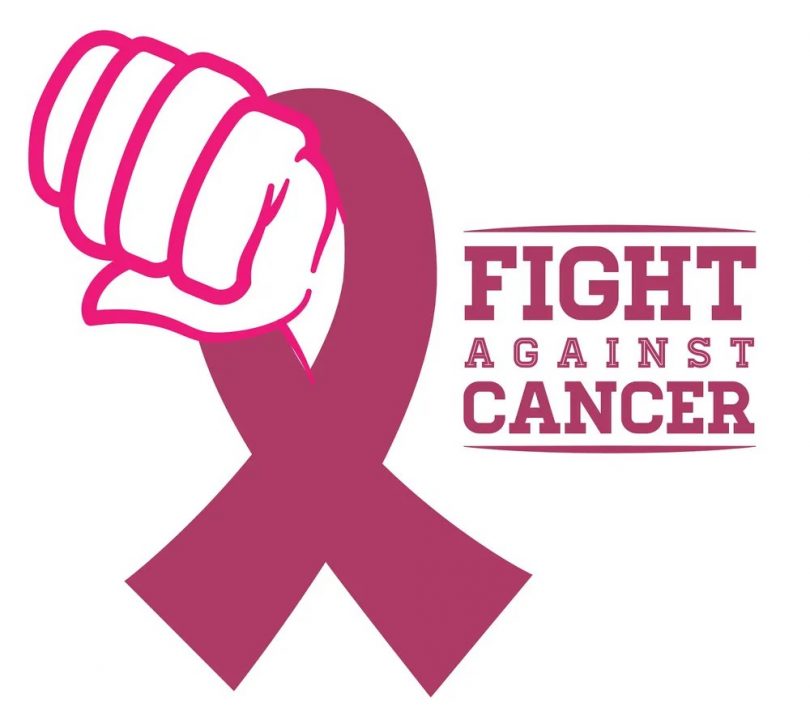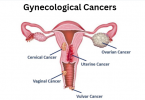Cancer is a disease that not only impacts the individual who has it but also all the surrounding people who care for and love them. In my position as a surgeon, I have observed that the main hardships of the supporters are finding the right words and, in general, the right way to express their support more than oncologists themselves sometimes do. Some may hesitate to talk too much, while others may go silent, not knowing what is good and bad to say.
Nonetheless, the larger fact is that presence is preferable to perfection. When your friend is being treated for cancer, your presence—considered, honest, and calm—can serve as an invisible medicine that can substitute for other therapies.
1. Validate Their Journey—Gently and Well
Something basic can be one of the most entrancing sentences to say:
“You have my support no matter what, even though I can’t fully understand what you’re going through.”
Avoid sayings like “Stay positive” or “You’ll be fine”.
Such words may sound reassuring, but they can actually be experienced as a denial of the hardships when your friend is actually very much in the mood of fear or fatigue. Instead, acknowledge your friend’s reality with empathy rather than sympathy.
2. Use Strength Instead of Sympathy
Sympathy states, “Too bad for you.”
Empathy declares, “I’m with you.”
You do not have to do anything grand in nature. Just a quiet message saying, “Thinking of you today,” or “No need to respond—just love you” can remind them they are not alone.
3. Keep Normalcy alive.
Treatment often turns life into many hospital visits and reports. The best remedy may be a small taste of the past, such as a meal, a laugh, or a movie night.
“You still owe me a coffee.”
“We’ll schedule your next outing when you’re up for it.”
These are little reminders that reconnect them to who they were prior to treatment—and to hope.
4. Provide Practical Support, Subtly
Do less asking, “How can I help?” and do some more
- Bring over a meal.
- Bring them to a chemo appointment.
- Help with medicine or errands.
Real care is often deeply embedded in these small, unspoken acts of joy.
5. Honor Their Energy and Their Emotions
There may be days when they don’t want to chat—and that is okay. Being quiet is a great way to help too.
The phrase “I just wanted you to know I’m thinking of you; no pressure, but if you think of something you want to talk about, I’m here to listen” can sometimes be one of the more uplifting things to say. When they decide to speak, you are simply listening to them without offering any solutions or consolation.
6. Celebrate the Small Things
When they finish their chemo, or get CT scan results that are clear, or even if they smile or laugh—celebrate!
“One more step.”
“You are so brave and courageous!”
Hoping isn’t ignoring the bad stuff or challenging stuff—it is acknowledging the little wins.
7. Remind them WHO they are outside of cancer.
A cancer diagnosis is simply that, a diagnosis, not a mask over who they are.
Remind your friend of their strengths, quirks, likes, dislikes, or what they’re working on—all that got them to WHO they are, making them unique.
“You are still a wonderful human being and the witty person I truly respected and admired!”
In summary,
Don’t have to be perfect to be present.
Don’t have to know what to say – just that you care enough to be there.
If your friend has cancer let your words be warm, your presence be soothing, and your presence speaks louder than pity. Because healing is not medical when healing begins with simply being there.







